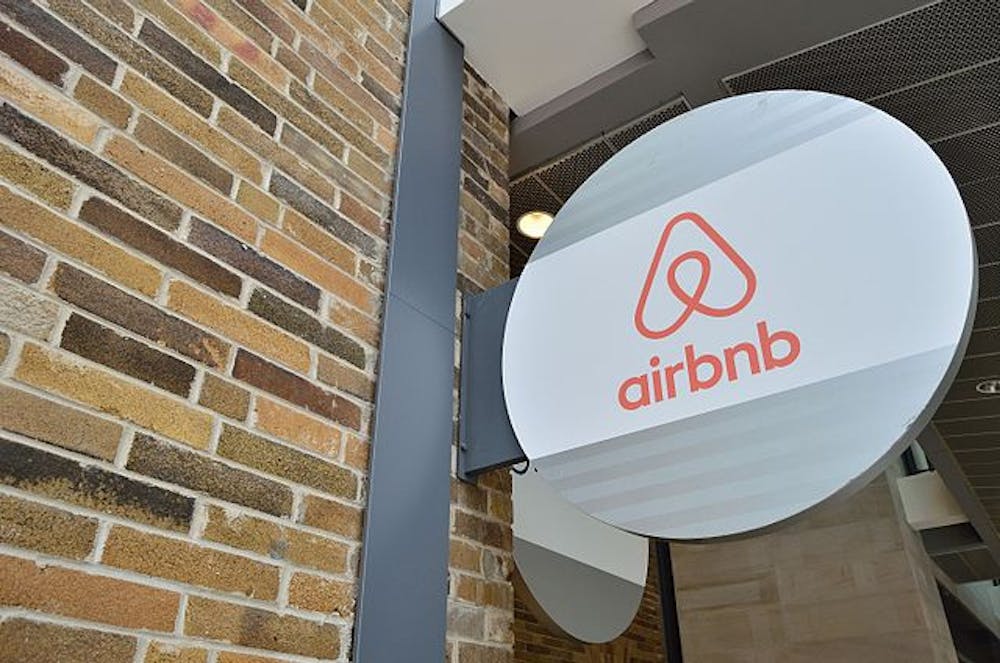A new set of regulations on short-term rentals passed unanimously at the Phoenix City Council Meeting on Sept. 21. The new regulations require a city-approved permit for landowners to use their property as short-term rentals (STRs), and have stronger restrictions on usage that will come into effect on Nov. 6.
Vacation rentals and STRs are often hosted on sites like Airbnb, and are legally defined as properties where a resident can only stay for a maximum of 30 days. The number of properties being used for this purpose has continued to increase, leaving fewer permanent housing options available to Phoenix residents.
The new regulations include fees for violations starting at $500 and increasing up to $3500, including a $250 fee to apply for and hold a permit.
Regulations also require property owners to run background checks on all renters to ensure they are not convicted felons, as well as inform all neighbors of their intent to use the property as an STR.
While the updates are seen as a step in the right direction by the city council, Arizona Senate Bill 1350 limits their effectiveness. The 2016 bill passed by then-Governor Doug Ducey prohibits cities from banning or limiting the number of STRs.
"With today's vote, the city intends to maximize the limited tools the state legislature has allowed us to use to regulate short-term rentals," said Phoenix Mayor Kate Gallego.
Councilmember Jim Waring raised concerns about the city’s ability to enforce the regulations due to limited staffing.
"Given our challenges with staffing and so forth, we don't have an army to go out and enforce these rules,” Waring said. “Obviously, a lot of the problems we encounter are at two in the morning.”
Waring also went over multiple shortcomings of the legislation, pointing out that the city still cannot regulate STRs like they can with some businesses, and must treat them as they would standard residential properties. He referenced an incident in which multiple gunshots were fired from an STR in his district and claimed that the new regulations would not effectively be able to prevent and punish the individuals involved in similar situations in the future.
The council also clarified that permits can only be suspended, and not permanently revoked. This happens if the owner has three violations in a 12-month period, or one serious violation. These must go through the court system, which can take a prolonged amount of time and ultimately makes suspension unlikely.
Councilmember Debra Stark and the Arizona Neighborhood Alliance, a group representing neighborhoods around Maricopa County, added new provisions to the regulations during the meeting. These included requiring notices to be sent to nearby neighborhood associations, as well as requiring hosting platforms like Airbnb to verify that properties have received a permit from the city.
Certain city officials, however, expressed concerns about the new regulations.
“The constraints put on the permit process are not likely to resolve a number of things that we have heard from residents about their complaints regarding short term rentals,” said Deputy City Manager Alan Stephenson.
The council claimed that the state-wide bill hamstrung their ability to regulate STRs in the area. The talks ended with the council expressing interest in collaborating with the legislature in the future in order to make more permanent housing available to Phoenix residents.

